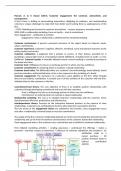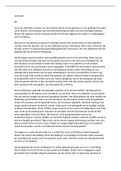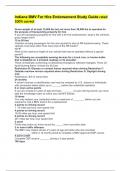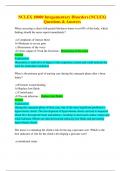Samenvatting
Summary articles week 5 Managing Customer Experience and Value
Summary of the 3 articles of week 5 of MCEV, for RUG-students. The summarized articles are: Pansari, A. and V. Kumar (2017), Customer engagement: the construct, antecedents, and consequences, Journal of the Academy of Marketing Science, 45 (3), 294-311. Van Doorn, J., Lemon, K. N., Mittal, V.,...
[Meer zien]













